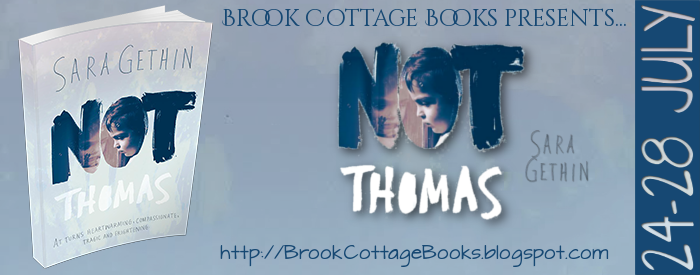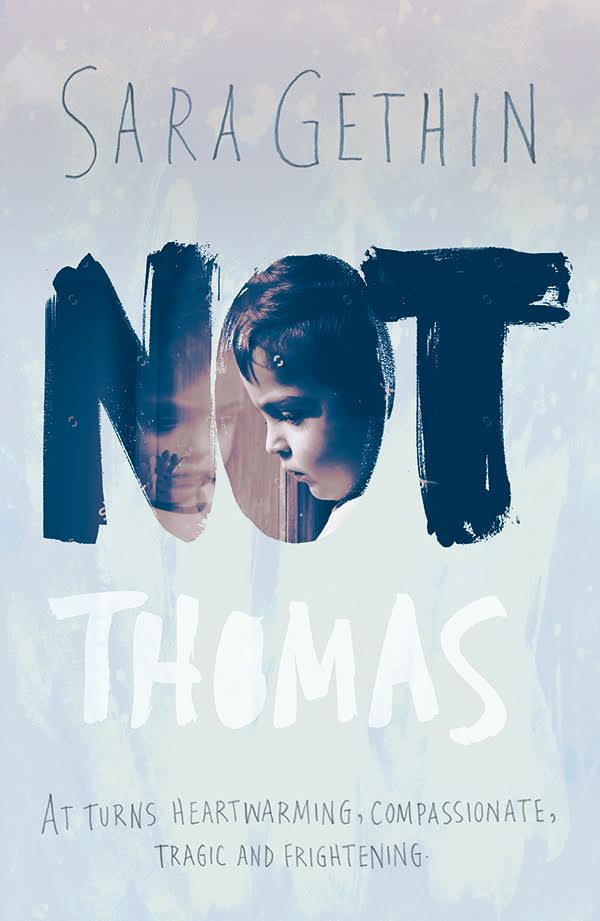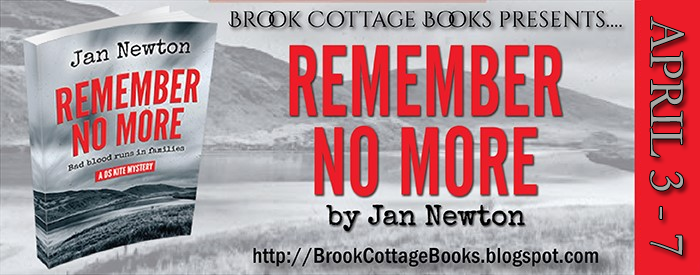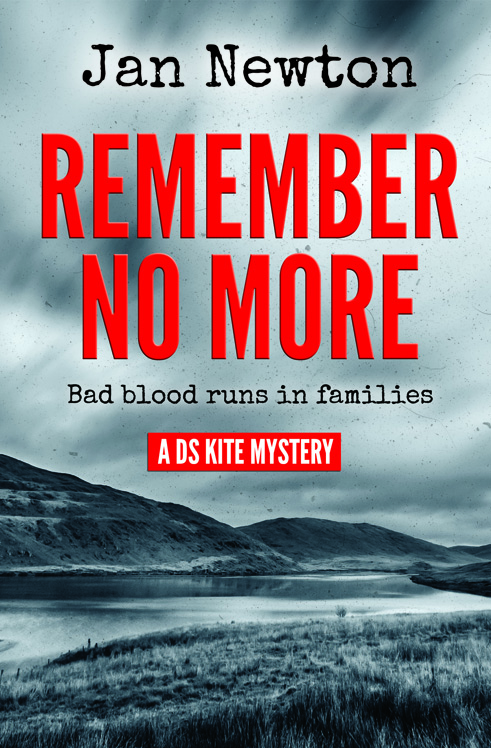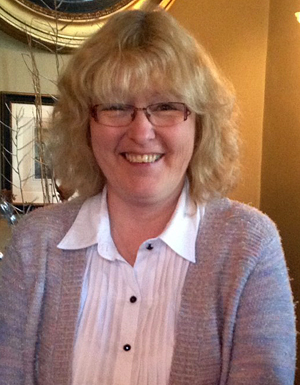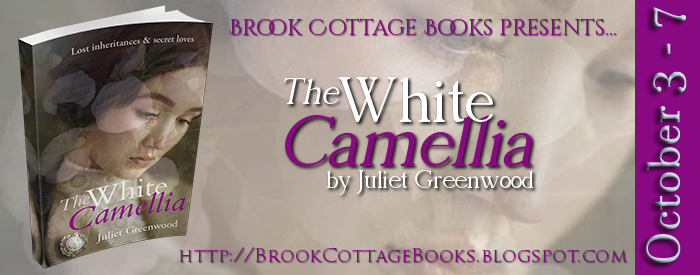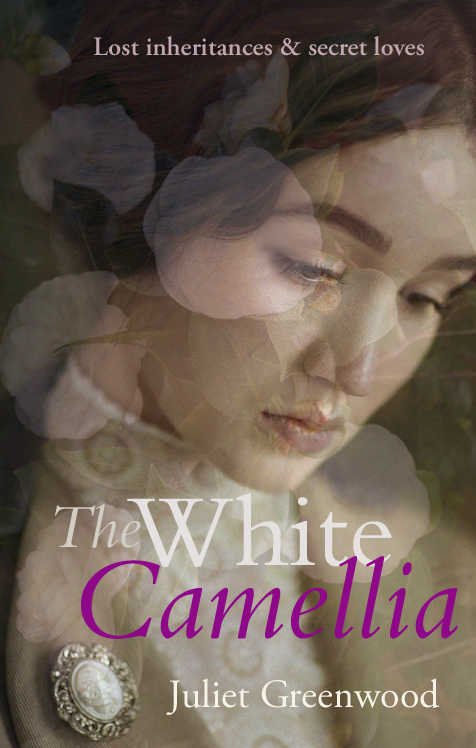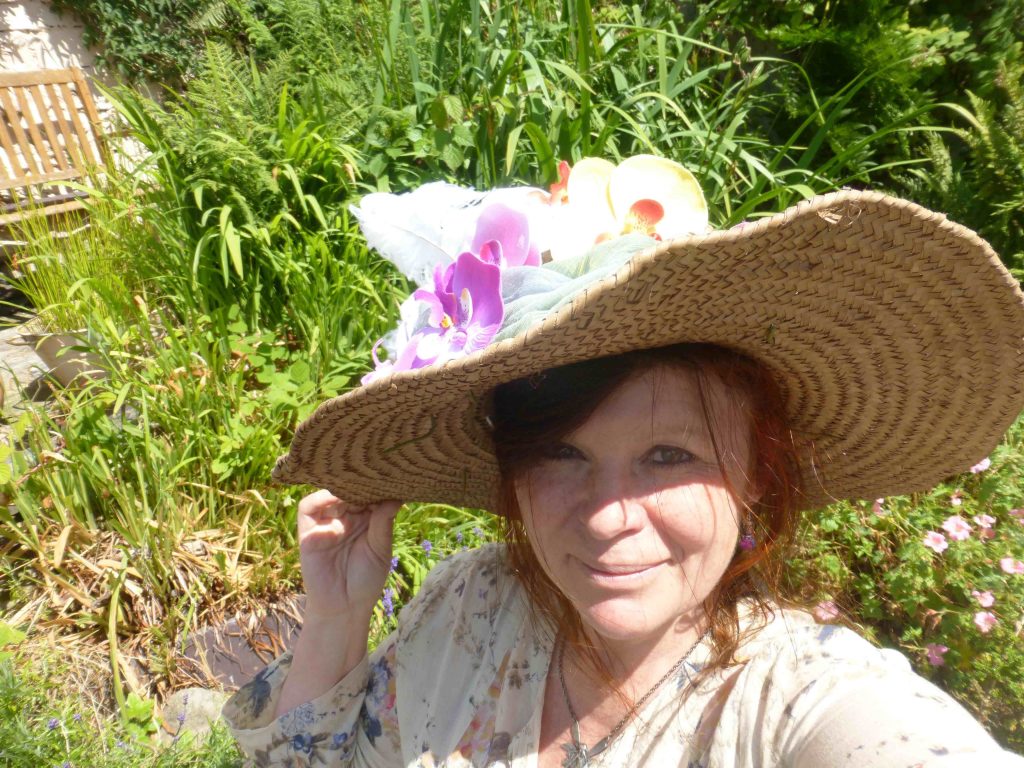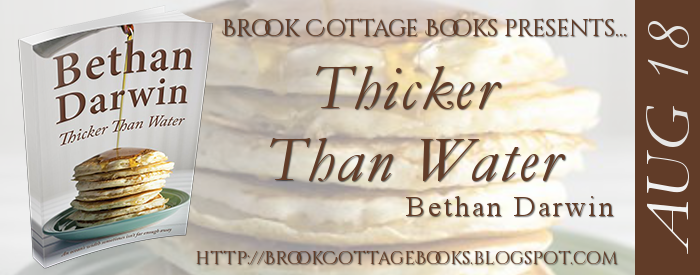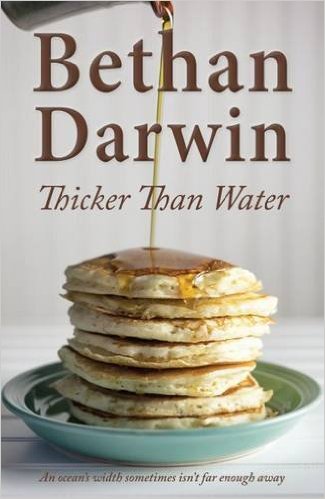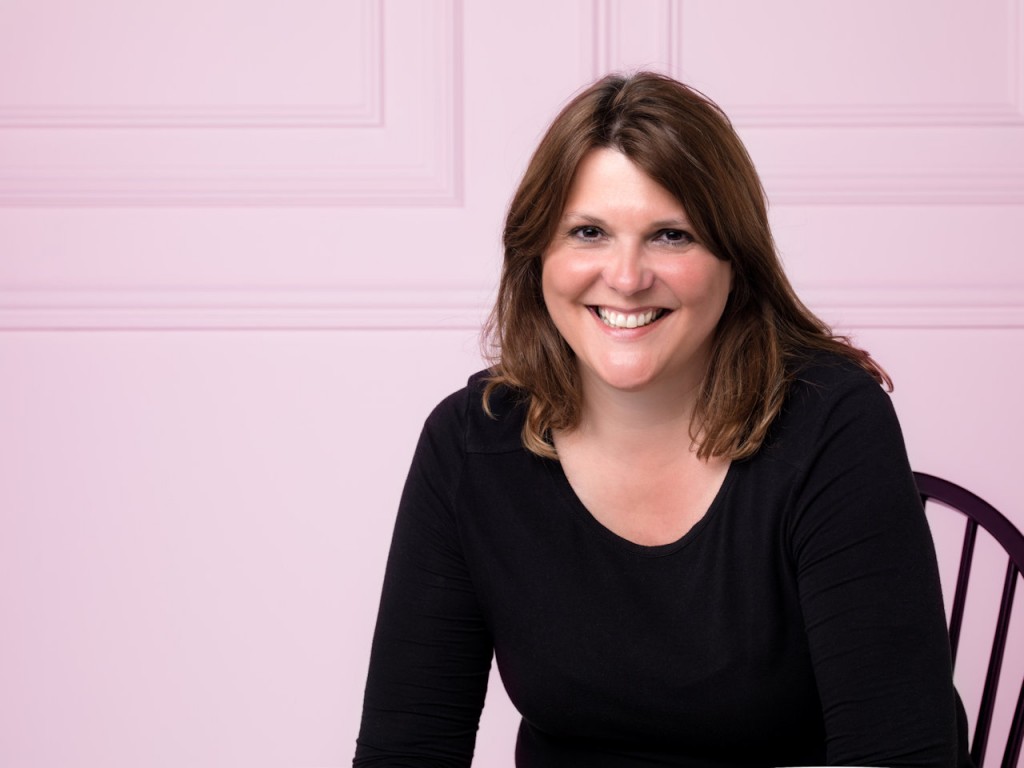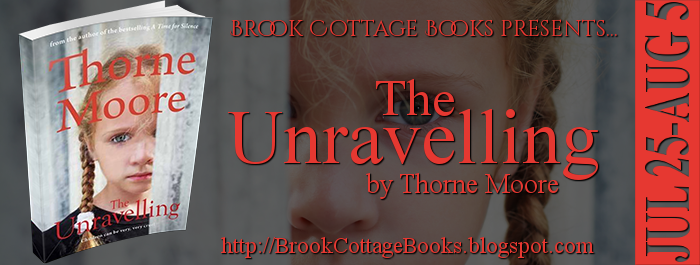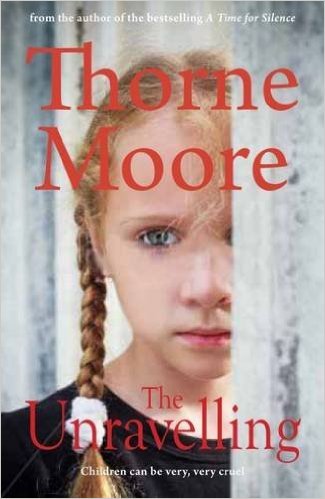The House with Old Furniture
by
Helen Lewis
Genre: Contemporary Fiction
Release Date: 20 July 2017
Publisher: Honno Press
The ghosts of a century’s worth of secrets and betrayals are coming home to Pengarrow…
Evie has lost her eldest son, Jesse, to gang violence. Leaving the house he grew up in is pulling apart the few strings left holding her heart together. Only the desire to be there for her younger boy, Finn, impels Evie to West Wales and the ancient house her husband is sure will heal their wounds.
Days later, Andrew is gone – rushing back to his ‘important’ job in government, abandoning his grieving wife and son. Finn finds solace in the horse his father buys by way of apology. As does his evasive and fearful new friend, Nye, the one who reminds him and Evie of Jesse… Evie loses herself in a dusty 19th century journal and glasses of homemade wine left by the mysterious housekeeper.
As Evie’s grasp on reality slides, Andrew’s parents ride to the rescue. It is clear that this is a house they know. They seem to think they own it, and begin making changes nobody wants, least of all Alys and her son, Nye, the terrified youth who looks so like Jesse.
BUY LINKS
http://www.honno.co.uk/dangos.php?ISBN=9781909983663
https://www.amazon.co.uk/House-Old-Furniture-Helen-Lewis/dp/1909983667/
https://www.amazon.com/House-Old-Furniture-Helen-Lewis/dp/1909983667
Shhh, I’ve got a writing secret…
Nobody could be more amazed than me, to be sitting here with my still slightly warm, novel resting on my knees, well apart from, perhaps, Mrs Holliwell. A wonderful (patient) woman, who’s unenviable task it was, every Tuesday and Thursday morning to drag the Remedial Reading Group through the basics of the English language. Whilst the rest of Orchard Junior school fidgeted through Mr Beckwith’s assembly, my mate Paula Spitter and I tried to remember what the magic E did and where the I went, before or after if a C was involved.
So, here’s a big secret, that only took me another 32 years to find out (please don’t let my children read this) – you don’t have to be able to spell to be able to write (I still get a thrill when I fox the spell checker, when Mr Word informs me there are “No matches” for my enthusiastic attempt at r-i-th-m-i-cal). Or even know which way up a semi colon goes. If in doubt, stick in a dash and make up a word (it worked for Roald Dahl). It helps a lot to shove in the odd paragraph break, if nothing else it uses up a few more lines, and a good sprinkling of dialogue, real, not 1950’s BBC, works wonders but don’t ask me where you stick the capital letters, all I know is the 66 speech mark goes at the beginning and the 99 one at the end. That about covers my dialogue punctuation knowledge. What every writer really needs is a dear and patient friend, with an everlasting red mark-up pen and a deep pot of comma’s. Bingo, Bob’s your uncle, your, story, now, makes, sense.
Writing isn’t (as the BFG would say) a set of ‘biffsquiggling’ rules, I’ve found absolutely no use for cursive handwriting, a nice sharp pencil, or 12pt Times, I’m more of an Optima person, drawn to 1.5 line-spacing. The lines of my story look all lonely and separated when forced doubly apart. Indents look messy and drop caps are for show-offs. And let’s not start on header and footers, just don’t go there, but always, always, never leave home without page numbers, if you’re clumsy like me, a bit of a tripper-upper, a spiller of pages, then they are your safety net, a rock to cling to in the snow storm of your manuscript.
Time-lines and spider diagrams might float your plot. You might like to write the last line then look down at the vertiginous drop that is the rest of your tale. Whether you prefer to rough it, handwrite it, dive straight in and first draft it, the only thing we all have to worry about is how we say it. How that story that’s been rolling around your head keeping you awake at night, making you talk to yourself around the supermarket sounds on paper. We want to hear how you, with all your individuality, see the world in your own quirky way. Writing isn’t a top ten of tips it’s about ideas and imagination and originality.
Am I sounding soap-boxy, here let me get down? Ignore me, what would I know anyway, I’m a “natterbox’ as the BFG would say, a someone who talks a lot usually about nothing in particular.
ABOUT HELEN LEWIS
Helen was born in 1967 in the New Forest. She spent her childhood dreaming of becoming a ballerina and doodling in the margin. She graduated from Southampton Faculty of Art and Design (so long ago now, that the place doesn’t even exist!) and worked as a professional Doodler of Margins (Graphic Designer) for twenty years. In 2006 She moved to Pembrokeshire with her family and lives in the middle of nowhere where she reads, writes, and runs.
Facebook: https://www.facebook.com/helenlewisauthor
Twitter: @hedlew
Blog: http://www.helen-lewis.co.uk/blog
Website: www.helen-lewis.co.uk
GIVEAWAY
3 ebooks (open internationally)
3 paperbacks (UK only)




